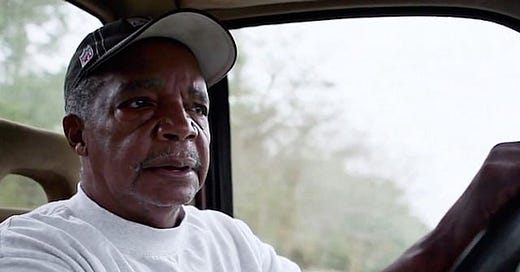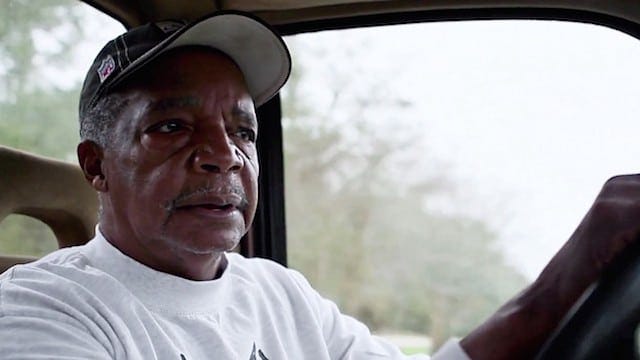The 5 Best Films We Saw at the 2014 Full Frame Documentary Film Festival
Written by Jesse Paddock
In addition to its normal slate of invited and in-competition docs, as well as a tribute to the work of Steve James, this year the Full Frame Documentary Film Festival invited filmmaker Lucy Walker to curate a thematic program of her choosing. Walker built her sidebar around memorable characters, and how they both enrich and sometimes problematize docum…
Keep reading with a 7-day free trial
Subscribe to Nonfics to keep reading this post and get 7 days of free access to the full post archives.



